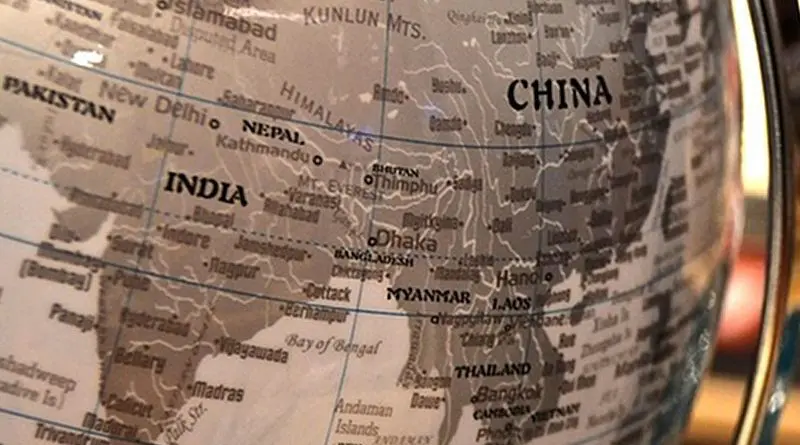South Asia: Security In The Times Of COVID-19 – OpEd
The COVID-19 as a pandemic has many security challenges for the under-developing countries, especially Afghanistan, Pakistan, and India. The economy of the mentioned countries has already been in a deteriorating situation since the pandemic began in 2019 last year, December. Economics is interlinking with the condition of crime in a society. It is all due to the economic situation in Afghanistan. The same case is for Pakistan too. Robbing people, Mobile snatching by forces have been common crimes in both Afghanistan and Pakistan, and during the COVID-19, it has sharply increased in rural areas of the countries.
Lack of opportunity for the general masses in the employment sector has also been one key factor in the rise of the criminal activists. In fact, most people have been living in poverty and have no other option except to target the bourgeois and fulfil their needs and demands.
Equal distribution of the resources at governments’ disposal the current time of COVID-19 to the people could result in fewer crimes in those respected countries.
As the COVID-19 situation becomes alarming, it has become challenging for the armed insurgents to continue their guerrilla and military operations in the conflict-ridden countries based on some reasons. The logistics have hugely impacted by the pandemic and could not be transported from one place to another place due to the fear of Coronavirus, and it’s infection pace
Armed resistance groups could easily be conciliable to the policymakers in challenging times, and that could be an opportunity to convince them to put their arms. At the moment, the future of conflict is on proxy battlegrounds, governments which have been challenged by the proxies warfare should take advantage of the current pandemic and resolve the issue of armed resistance. A well-trained military unites especially ‘special forces op’ or ‘Commando units’ should be brought in to counter the proxy wars.
The pandemic has disrupted the operation of insurgents groups throughout the world. Governments with security apparatus should infiltrate the ranks of insurgents and focus more on the resistance groups in dismantling and disarming them through a process of negotiations and building confidence measurements.
Few reasons should be kept in mind to maintain peace and tranquillity in the society.
First and far most, the interior ministry should focus on reducing the crimes in rural areas and regularly patrol the crime-ridden societies. Apart from enforcing partial or full lockdown in cities, the police along with other security institutions should look after the criminals too
Secondly, the police departments in implementing the lockdown measurements should have carried out a plan for suppressing criminals activities in society. The police departments must be vigilant for protecting the properties of the people and should equally treat lockdown violators and open up eyes to catch criminals
Third, the interior ministry of each country is responsible for bringing tranquillity and peace into the cities. At the time of COVID-19 small crimes have been increased; the mechanism to decrease the number of felons the police department located in each district should report their daily achievement in reducing crimes to the interior ministry. Criminals should be warned in media through interior ministry
Fourth, the government needs to allocate the resource at their disposal to the poorest places in society. The most deprived areas are the hotbed of the criminals; they have no other choice except to commit crimes and fed themselves. Governments have the responsibility to provide rations to those areas where poor people have been living, and the COVID-19 has disrupted the daily wagers’ work. Governments should find an alternative for daily wagers.
Finally, the concentration must be on averting the consequences that tie people to criminal or violent approach. In order to do it, governments need a systematic, combined, and accommodating tactic which combines the importance of a wide range of non-state actors and state. Furthermore, justice and policing have a significant role to play; suppression could be counter-productive if not mixed with developmental approaches that deeply look at the criminals and violence. In fact, to gear up things educating youth, socio-economic inequality could come the priority of the governments. Lastly, spending more time in school and colleges will reduce the youth to participate in criminal activities.
COVID-19 has taught us many lessons. State and non-state actors need to apply all the measurements after the pandemic is over
*Ihsanullah Omarkhail has worked as a consultant and political activist. He is a PhD candidate in the field of Non-Traditional Security Management at Zhejiang University, China

